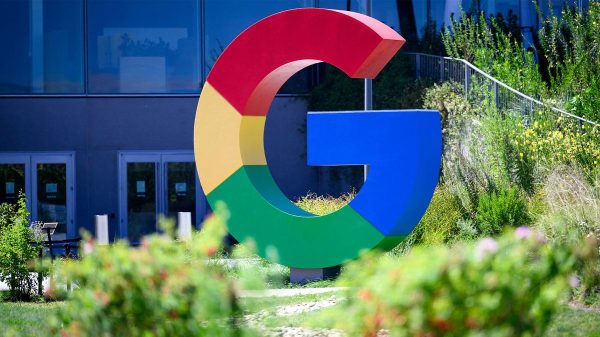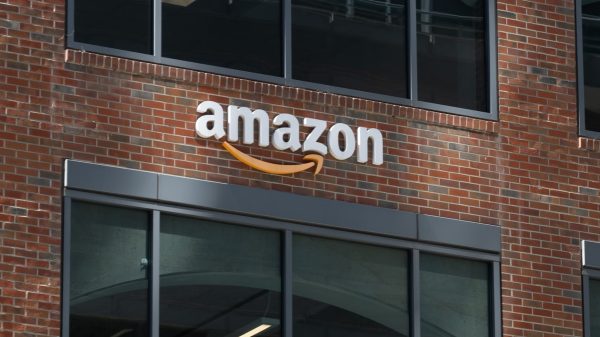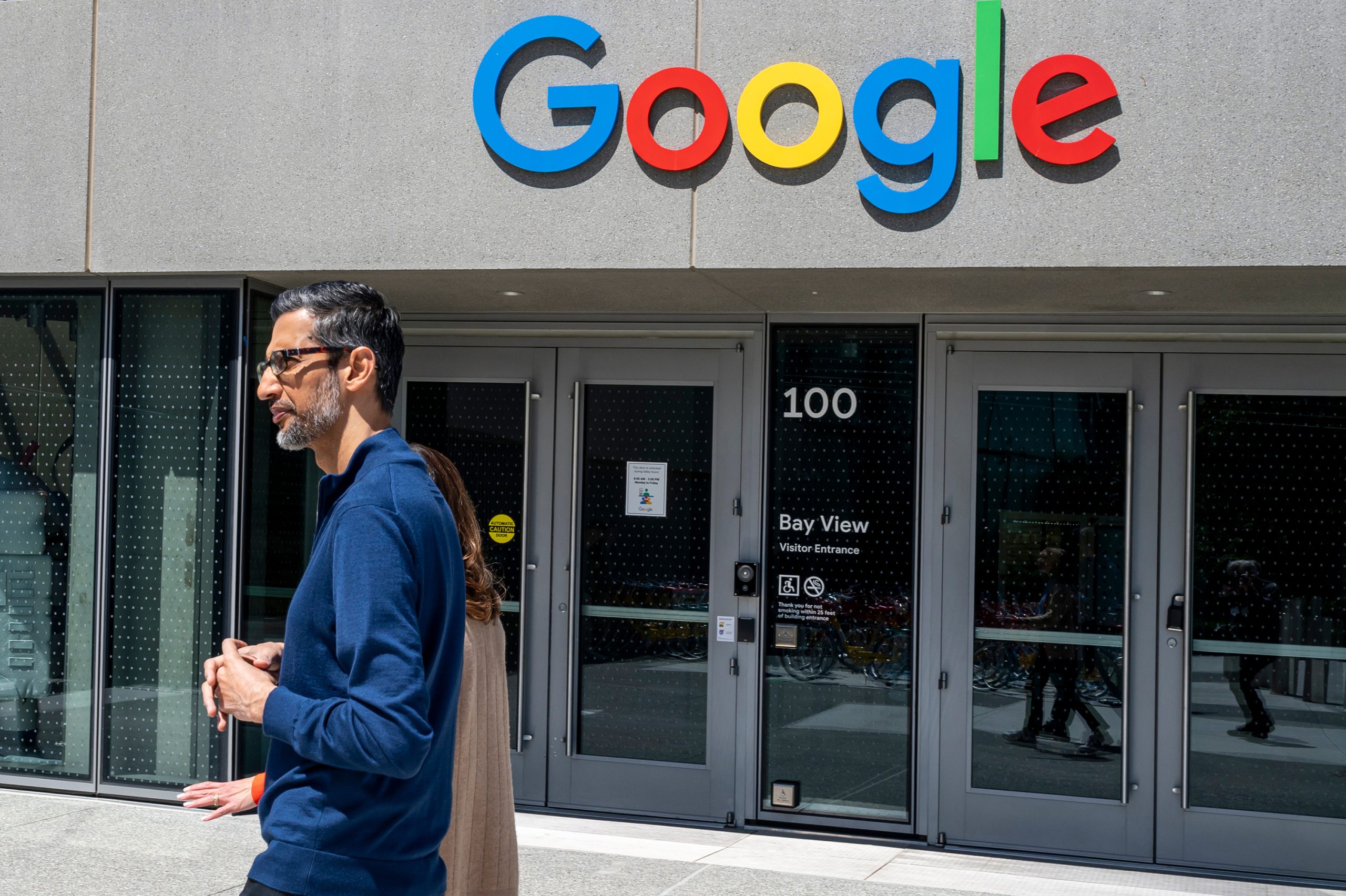Despite Google’s recent announcement that it will not be removing third-party cookies completely from its Chrome browser, publishers are sticking with their cookiepocalypse preparedness plans. The initial plan to phase out third-party cookies was anticipated to have a significant impact, but Google’s reversal has led publishers to maintain or even increase their efforts in testing alternatives to cookie-based targeting.
Publishing executives are adjusting to a new reality where Chrome users will have the option to decide whether to allow third-party cookies rather than having them automatically phased out. This shift means that the certainty once provided by a set timeline and guaranteed deprecation is now replaced with user discretion, which introduces a new layer of unpredictability for digital advertising strategies.
The reaction among publishers to Google’s decision has been mixed, with some feeling a sense of defeat. The reversal from a firm deprecation timeline to a more user-dependent model has been compared to a “Thanos snap” in its suddenness, making years of preparation for cookie removal seem less impactful.

Publishers Forge Ahead with Cookie-Free Strategies Despite Google’s Cookie Reversal
However, many are continuing their work on cookie alternatives, as the fundamental shift in the digital advertising landscape remains a reality.
Despite the ongoing uncertainty, publishers are not abandoning their plans. Many believe that similar to the experience with Apple’s App Tracking Transparency (ATT), the move will result in a drop-off of addressable users. This means that cookie-free strategies will become increasingly necessary, reinforcing the need for robust cookieless targeting solutions.
Google’s decision to allow users to choose whether to accept third-party cookies, rather than enforcing a blanket deprecation, does reduce some immediate pressure on publishers. However, the long-term strategy for adopting alternatives, such as the Privacy Sandbox, remains crucial.
The effectiveness of these alternatives is still under scrutiny, with concerns about potential revenue losses and implementation challenges.
Ultimately, the landscape for publishers remains one of adaptation and uncertainty. While Google’s announcement provides some temporary relief, the broader trend toward reduced reliance on third-party cookies continues.
Publishers are advised to continue investing in alternative technologies and strategies to navigate the evolving digital advertising environment, even if the exact trajectory of cookie deprecation remains unclear.









































